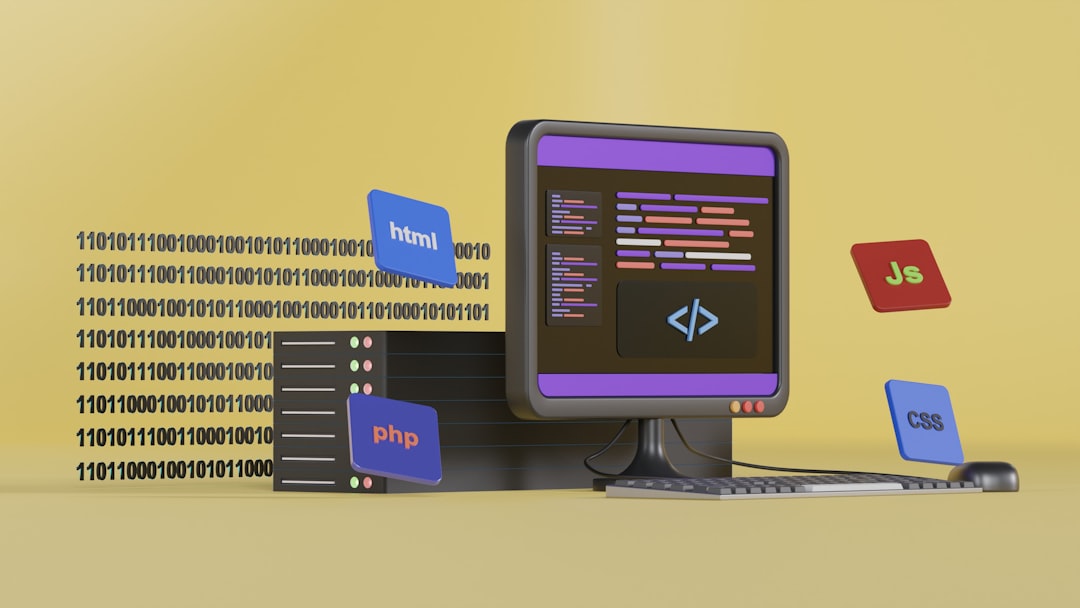With the rise of digital education and remote learning, Learning Management Systems (LMS) have become the backbone of education and corporate training programs. Numerous platforms promise robust features and user-friendly interfaces, but not all LMSs are created equal. Here’s a comparison of the top five LMS platforms in terms of features, scalability, and ease of use.
1. Moodle
Moodle is an open-source LMS that has stood the test of time and is particularly popular in academia. It is highly customizable and boasts a strong global community that continuously enhances its plugins and integrations.
- Key Features: Course management, forums and wikis, customizable themes, and analytics dashboards.
- Best For: Schools and universities looking for a flexible, low-cost option.
Although it offers a wide feature set, Moodle requires technical knowledge for setup and maintenance, which may deter smaller organizations.

2. Canvas
Canvas by Instructure is a cloud-based LMS that has gained popularity among higher education institutions for its intuitive design and user experience. It offers mobile support and various integrations with external tools like Google Drive and Zoom.
- Key Features: SpeedGrader, multimedia integrations, outcomes tracking, and third-party app support.
- Best For: Universities and colleges seeking a modern, streamlined teaching experience.
Though slightly costlier than some open-source options, its ease of use and modern UI often make up for the expense.
3. Blackboard Learn
Blackboard Learn is a robust LMS aimed at both academic institutions and enterprises. Known for its compliance with accessibility standards, it offers comprehensive tools for online teaching and learning.
- Key Features: Performance dashboards, plagiarism detection, competency-based learning, and mobile access.
- Best For: Larger institutions and organizations with extensive training needs.
Blackboard may require more training to fully utilize its advanced features, making the onboarding process longer.
4. TalentLMS
TalentLMS is a cloud-based platform designed primarily for corporate training. Its focus on quick setup, customizable branding, and SCORM compliance makes it well-suited for businesses looking for a scalable solution.
- Key Features: Gamification, automated course assignment, certification management, and built-in videoconferencing.
- Best For: Small to medium-sized businesses needing employee training tools.
Its affordable pricing tiers and user-friendly dashboard make it one of the most competitive LMSs in the business sector.

5. Docebo
Docebo is a powerful, AI-driven LMS designed for extended enterprise training. It focuses on automation and learner engagement, making it ideal for large corporations.
- Key Features: AI-based recommendations, white-labeling, eCommerce capabilities, and social learning tools.
- Best For: Enterprises needing to scale learning across multiple locations or business units.
While it’s feature-rich, Docebo comes with a steeper price point, which may not be suitable for smaller organizations.
Conclusion
Choosing the right LMS comes down to your specific needs. For academic use, platforms like Moodle and Canvas offer extensive educational tools. In contrast, for business and corporate training, Docebo and TalentLMS provide scalability and engaging user experiences. Blackboard serves as a hybrid choice, catering to both education and business with its comprehensive suite of tools. Understanding each platform’s strengths will help you make a more informed decision based on functionality, ease of use, and budget.
Frequently Asked Questions (FAQ)
- Q: Which LMS is the most user-friendly for beginners?
A: Canvas and TalentLMS are widely recognized for their intuitive interfaces and easy onboarding. - Q: Can I customize my LMS platform to fit my brand?
A: Yes. Platforms like Docebo and TalentLMS offer white-labeling and custom branding options. - Q: Which LMS is best for K–12 education?
A: Moodle is often preferred for its flexibility and strong community support tailored to academic settings. - Q: Do any of these platforms support mobile learning?
A: All five platforms support mobile access, but Canvas and Blackboard offer particularly strong mobile apps. - Q: Are these LMS platforms SCORM compliant?
A: Yes, all listed platforms support SCORM, making them compatible with a variety of eLearning content formats.



